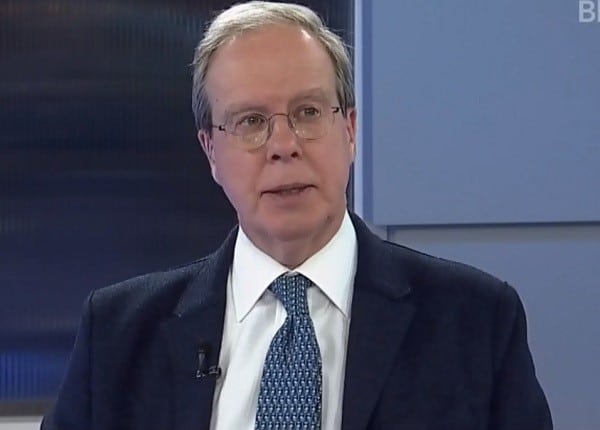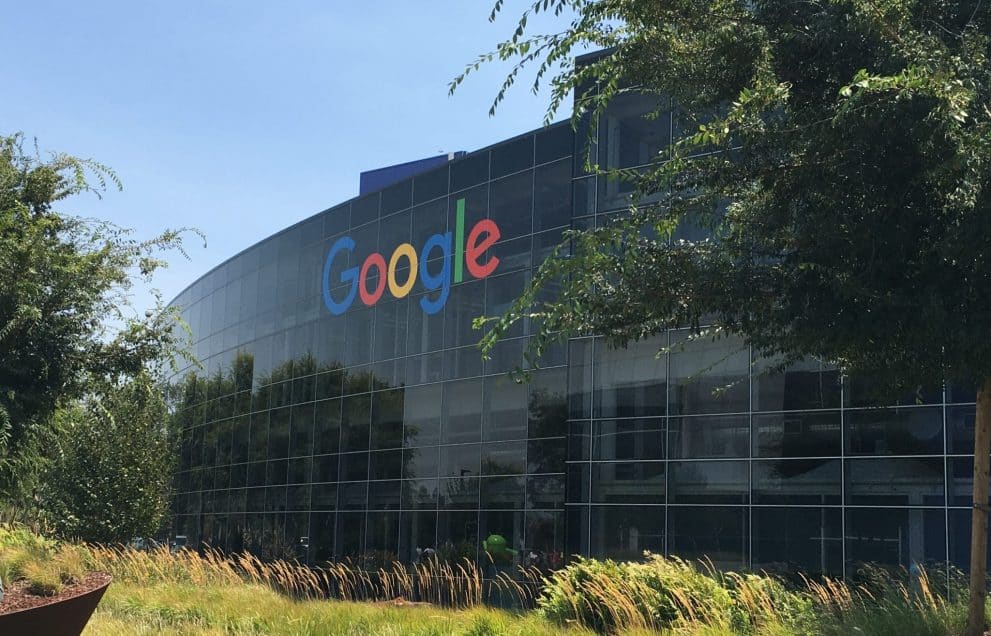
Tech stocks across the board have been hammered over the past 12 months, but fintech has been a particular punching bag for a market which evidently became unhappy with the growth prospects for names like Block, Affirm and even payments giant PayPal (PayPal Stock Quote, Charts, News, Analysts, Financials NASDAQ:PYPL).
And while some investors await a bottom before diving back in, portfolio manager Kim Bolton says why wait when these stocks are already boasting big upside potential.
“We still own PayPal. We haven’t added to it but we like the company,” said Bolton, President of Black Swan Dexteritas, who spoke on a BNN Bloomberg segment on Wednesday.
“You’ve got to be able to have that protection on top of it to be able to stick with these [stocks] because the intrinsic value of these companies and the runway is huge,” he said. “[Last year], the runway for a lot of these stocks was only ten to 15 per cent to the price target. Now, you’re looking at runways of 40, 50, 60 per cent. So, now’s the time to invest.”
PayPal saw a steep rise in share price over the first stretch of the pandemic as everyone took their business online during lockdowns and e-commerce adoption accelerated. PYPL went from just over $100 per share to start out 2020 and got to as high as $300 by July of 2021. But that was the top, as the stock started dropping last fall and bottomed out this past summer at around $70. Since then, it’s been skating along the $80-$90 mark.
Bolton said there’s currently a 12-month average price target of $110.
“[PayPal] is all around digital payments and commerce and services, and Europe has really jumped on with PayPal. It’s the preferred method of payment over Visa or MasterCard, especially in Germany and France and Italy. They’re also a leader when it comes to QR codes,” he said.
Earlier this month, PayPal beat analysts’ estimates for its third quarter but the stock dropped on the release nonetheless, with management’s guidance for the fourth quarter coming in light. Net revenue grew by 11 per cent to $6.85 billion, while non-GAAP EPS dropped to $1.08 per share compared to $1.11 per share a year earlier. Analysts had been expecting $6.82 billion and $0.96 per share, respectively. Management’s fourth quarter guidance was for revenue of $7.38 billion, while the consensus estimate was at $7.74 billion.






 Share
Share Tweet
Tweet Share
Share




Comment